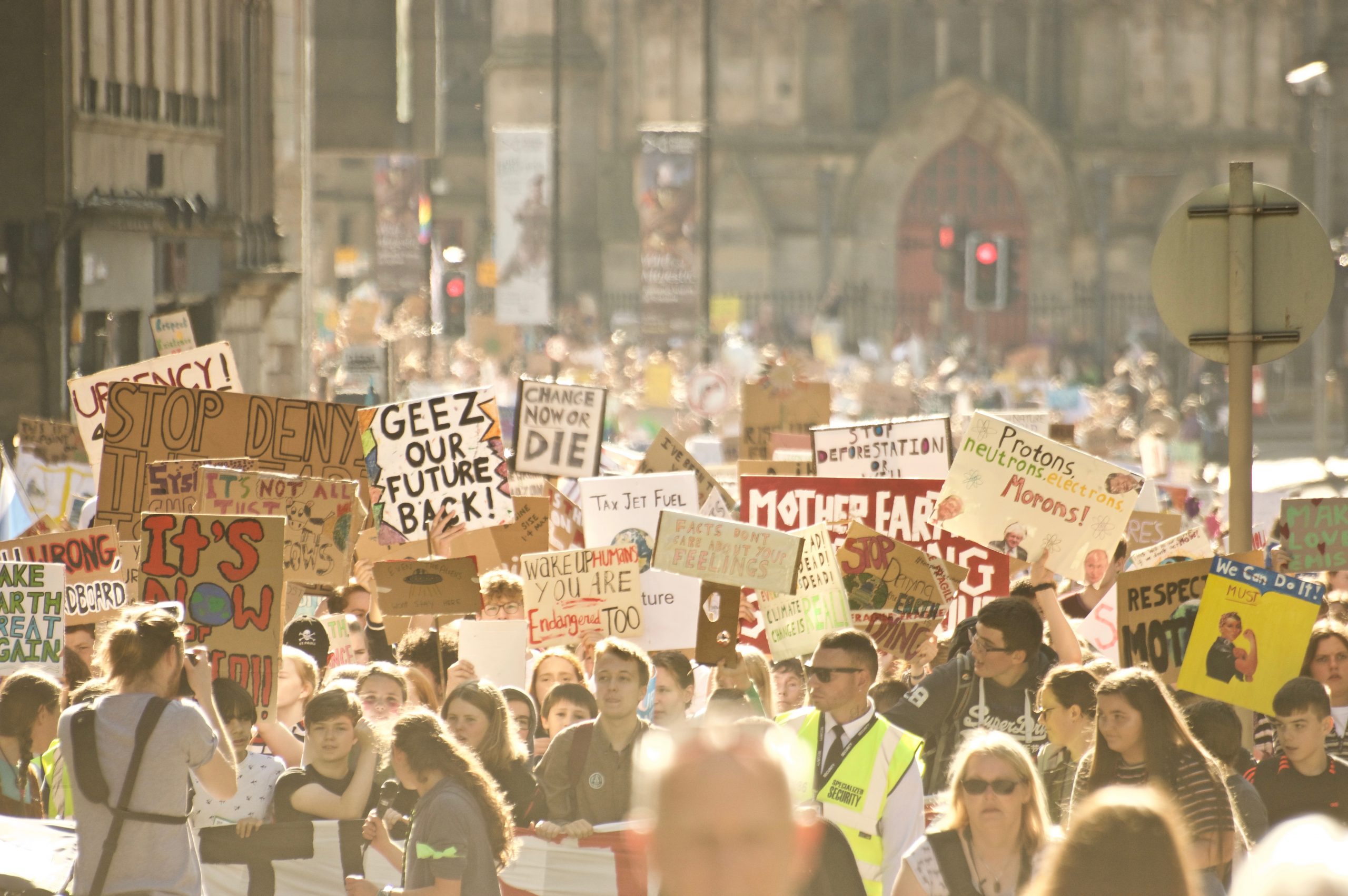
Big biomass – big problems
On the face of it biomass may seem like an attractive option to generate electricity and produce energy from heat. In reality biomass energy, especially large scale, creates more problems than it solves. Friends of the Earth Scotland have launched an appeal in December to persuade decision makers and businesses to ‘back away from big biomass’. You can support our campaign by donating funds via the button below.
 Biomass energy generation uses organic matter, plant material and animal waste, as fuel, and is by no means a new thing. Humans have relied on burning wood to keep warm or cook for a very long time. The fuel can be forest residues, wood or simply rubbish. Burning rubbish for energy has its own environmental drawbacks, and using wood from across the world leads to all sorts of problems, violating the human rights of forest communities and contributing to climate change.
Biomass energy generation uses organic matter, plant material and animal waste, as fuel, and is by no means a new thing. Humans have relied on burning wood to keep warm or cook for a very long time. The fuel can be forest residues, wood or simply rubbish. Burning rubbish for energy has its own environmental drawbacks, and using wood from across the world leads to all sorts of problems, violating the human rights of forest communities and contributing to climate change.
Targets to increase renewable energy in Europe have created a new demand for biomass, especially for large scale wood-fueled power plants, such as the four large biomass plants at in Scotland planned by Forth Energy. The demand for wood to feed big biomass plants like these leads to deforestation, land-grabbing by big corporations, mono-culture plantations and abuse of indigenous rights.
Right now we already see livelihoods of indigenous people under threat around the world, as a result of the rich northern countries’ hunger for agro-fuels. Forests disappear and are replaced by unsustainable plantations. Local people are forced away because the land cannot sustain them any longer. What is essentially burning food for energy has resulted in increased food prices, again hitting the poorest. It’s a vicious circle that we want to stop.
And what about climate change? Proponents of biomass say it’s carbon neutral, and better than burning fossil fuels. But detailed research shows that developing a sustainable, carbon neutral system takes a long time: the equivalent carbon emitted when wood is burned is only recaptured slowly by growing trees.
Even the most efficient power plants, that maximise useful heat production as well as electricity, only become carbon neutral in perhaps 20 years.
Ones like Forth Energy is planning in Edinburgh and Dundee could be adding to net emissions for a century or more. Research in the USA found that producing electricity from biomass led to more emissions that using the worse fossil fuel coal for over 50 years.
It would be even worse if the wood chip were imported from new forest plantations on peat swamps in countries like Indonesia. Draining peat swamps to grow oil palm for biofuel has been estimated to create such a massive carbon debt from the carbon released form the soil, that it would take 600 years of the savings from using the biofuel to pay it back.
So we are calling
for biomass to be used locally for sustainable heat production, not shipped around the world to burn in big power stations.
Find out more about our biomass campaign and donate.
